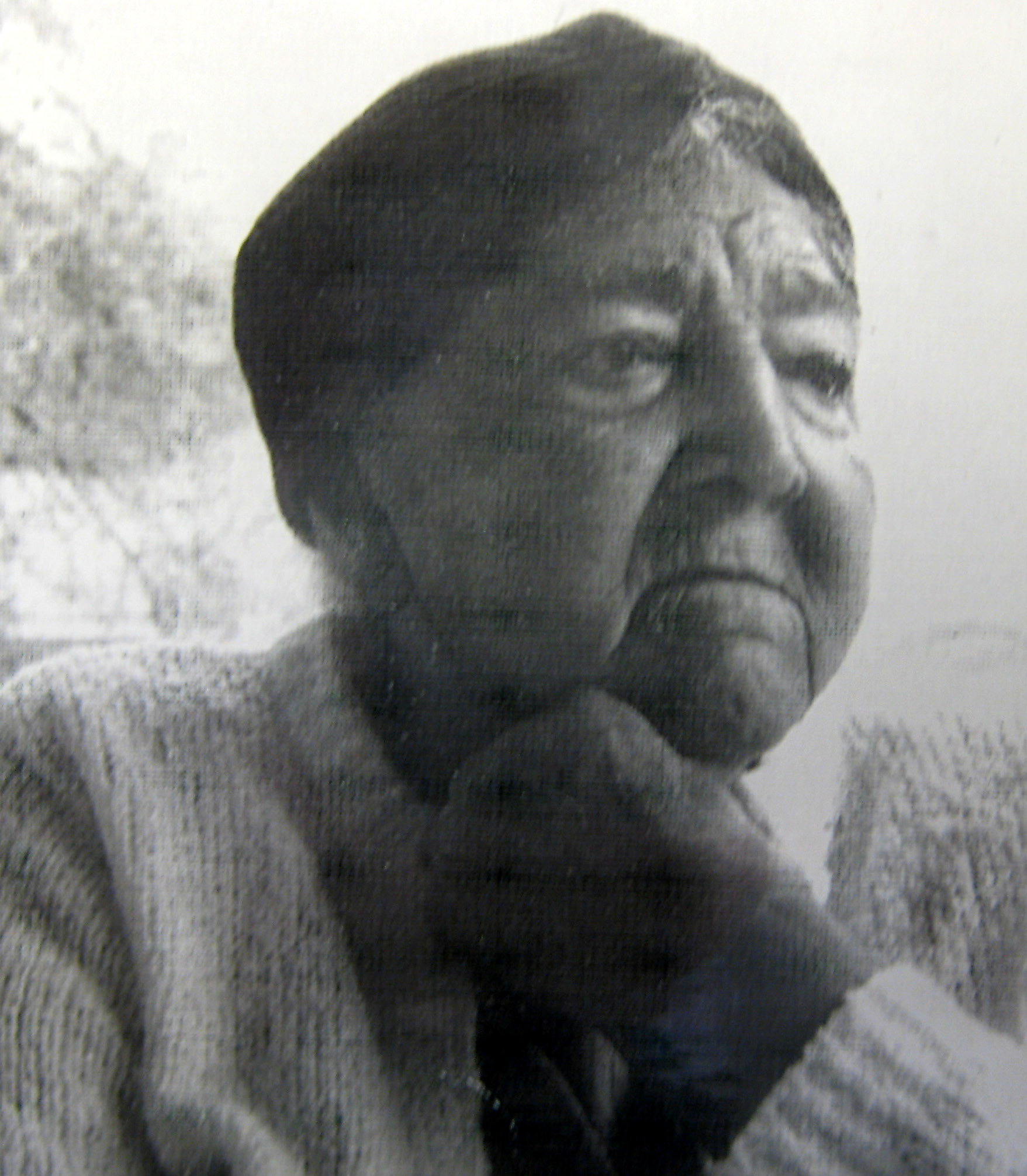
Margaret Charles Smith’s mother, Bueha Sanders, died three weeks after giving birth to a woman who became a legend for birthing babies. Her grandmother, Margaret Charles, a former slave, raised the future midwife, who delivered over 3,500 babies and never lost a mother. She lost very few babies.
Smith unexpectedly began her career as a midwife when she was about five years old. She was asked to stay with the wife of a cousin of her future husband while the father went for the midwife. Before the father and the midwife returned, Smith “caught” the early arriving baby!
She completed the third grade in a one-room rural grammar school in Eutaw, Alabama, while living on her grandmother’s farm. She never stopped learning, however. She continued to read and study. The farm became her lifelong residence. Farming was both a hobby and a necessity for her. She continued farming until just before her death.
In 1949, Smith obtained a permit from the Greene County Public Health Team to practice midwifery. She was one of the first of Greene County's official midwifes. In that time of segregation, even if black women had money local hospitals were not interested in having them as patients.
Being a black midwife in rural Alabama was not an easy way to earn money. Smith often had to make her way through fields and wade through water before delivering up to four babies a night. The mothers she attended were often malnourished and overworked. She often delivered twins, breech babies, and premature babies. Sometimes the mothers could not afford to pay anything. Sometime they paid in produce. Sometimes they paid up to five or ten dollars per birth.
In 1976, Alabama passed a law outlawing midwives. Smith and about 150 other black traditional midwives were told they would be jailed if they continued to work as midwives.
In 1983 Margaret Charles Smith became the first Black American to be given the keys to Eutaw, ALabamauijkjk, her hometown. That same year, she was honored at the first Black Women’s Health Project in Atlanta, Georgia. In 1996 she co-authored a book with Linda Janet Holmes called Listen to Me Good: The Life Story of an Alabama Midwife.
Smith was the 1997 keynote speaker at the New Orleans Rural Health Initiative. In 2003, she was honored by the Congressional Black Caucus in Washington, D.C. In 2004, she was given a lifetime achievement award at the Black Midwife and Healer’s Conference.
Smith put a lot into life, and a lifetime of hard work was not kind to her health. She suffered from uncontrollable hypertension and peripheral vascular disease. Nevertheless, she lived to be almost a hundred years old.
Ina May Gaskin, President of Midwives’ Alliance of North America, said that “Margaret Charles Smith is a national treasure. She can teach us about courage, motherwit, perseverance, our history, and how to face what’s coming – if we listen.”
![]() Other Inductees
Other Inductees
![]() Alabama Women's Hall of Fame
Alabama Women's Hall of Fame